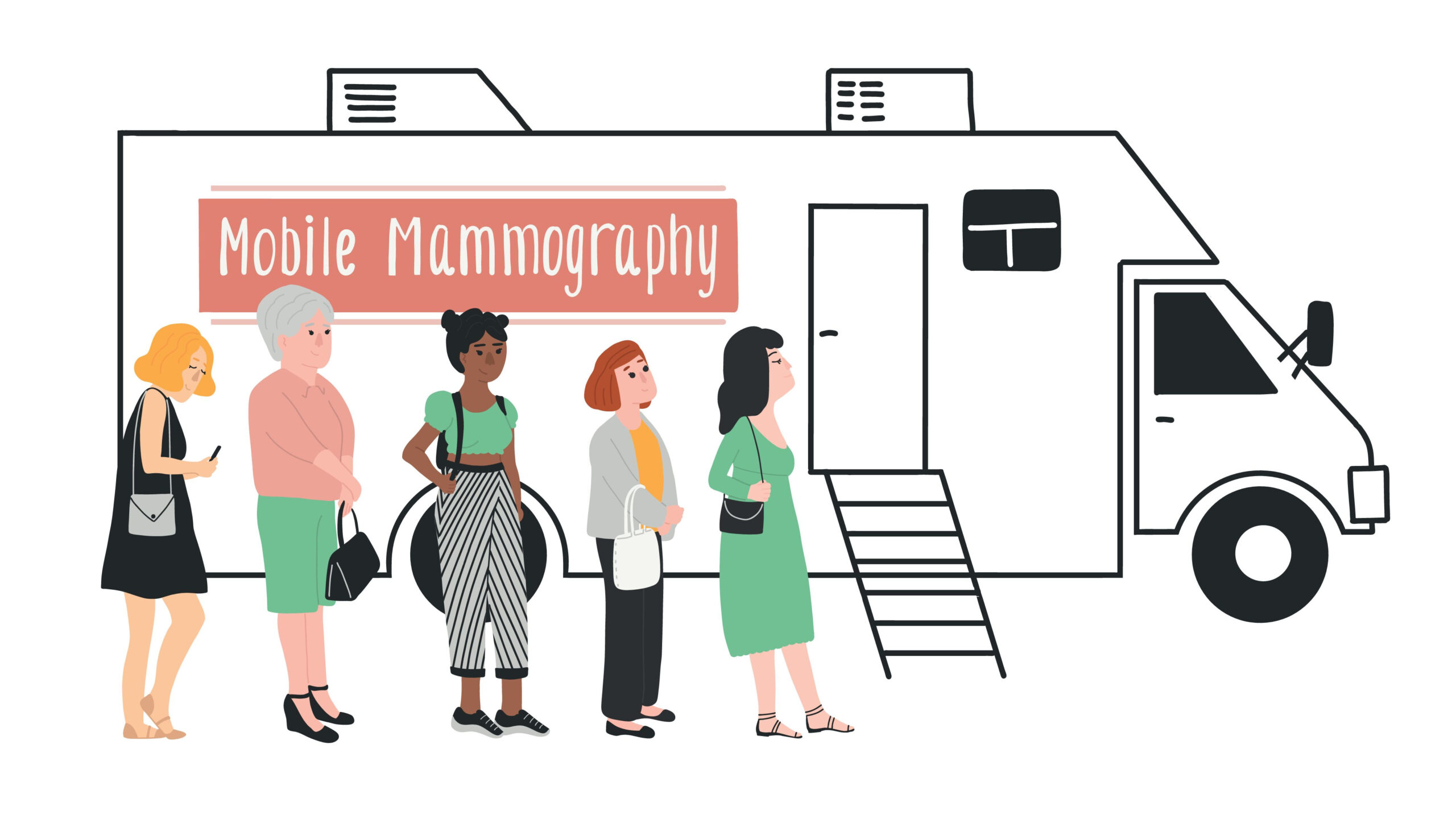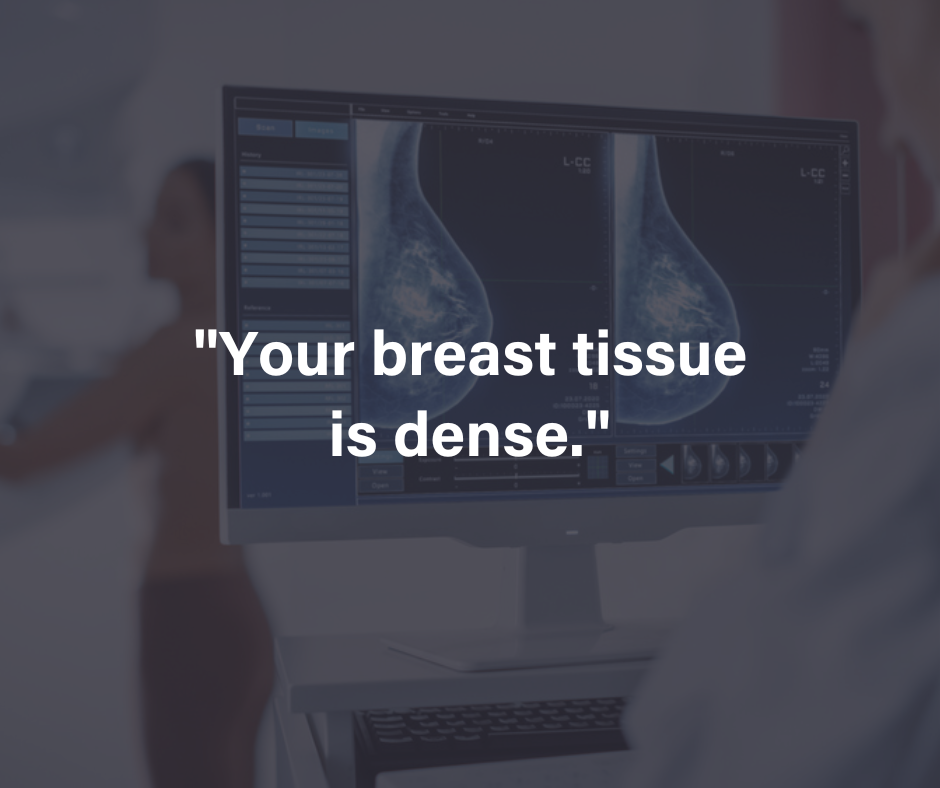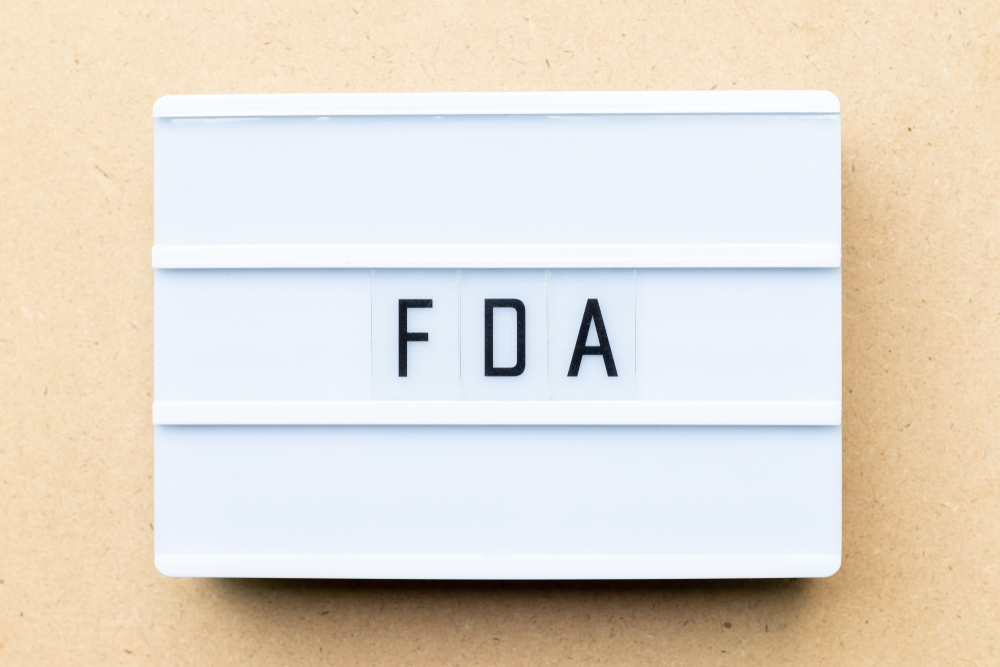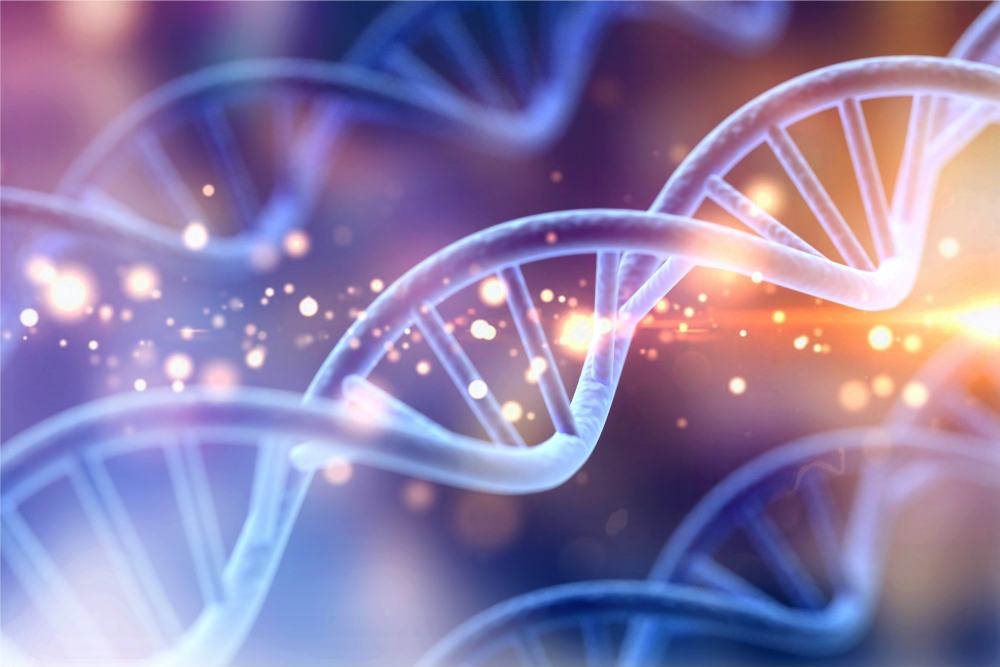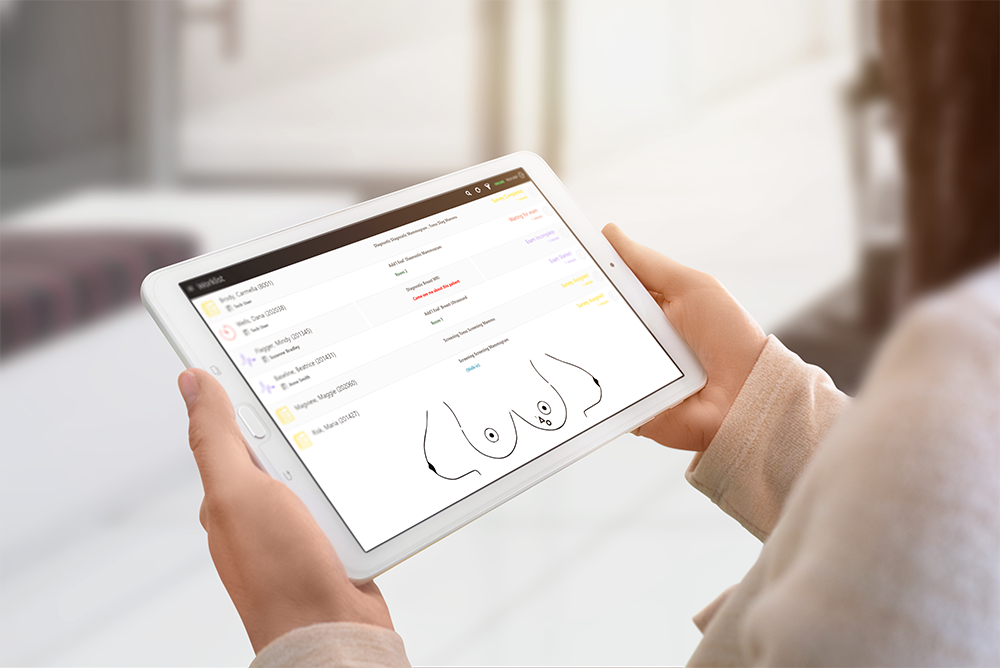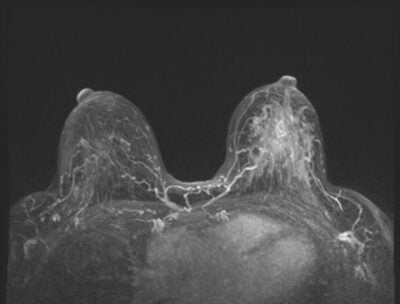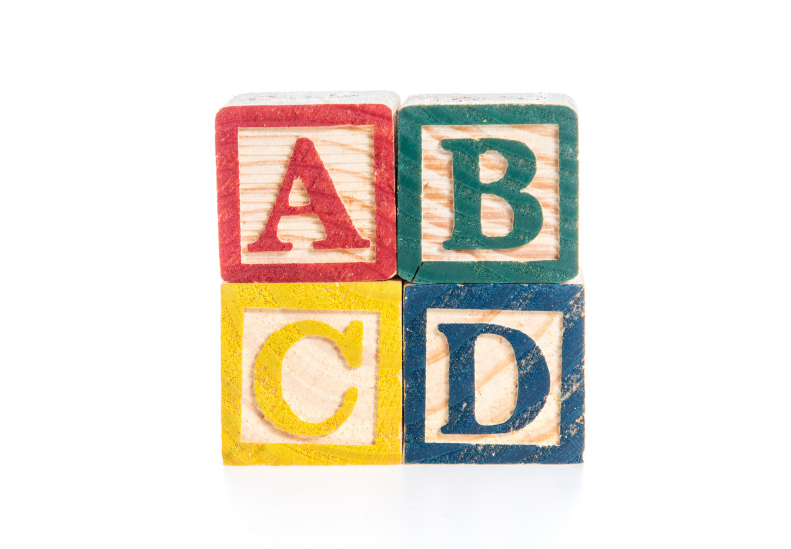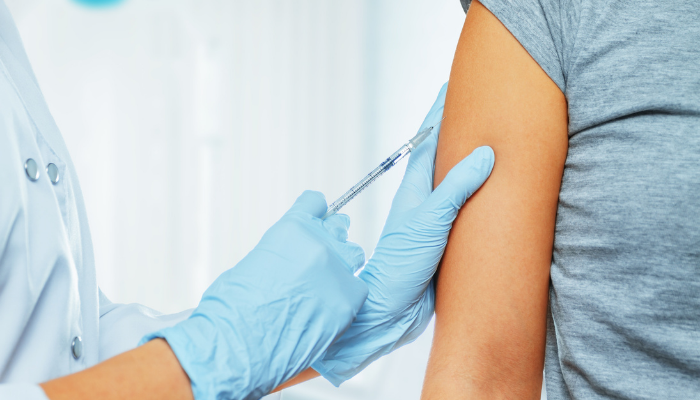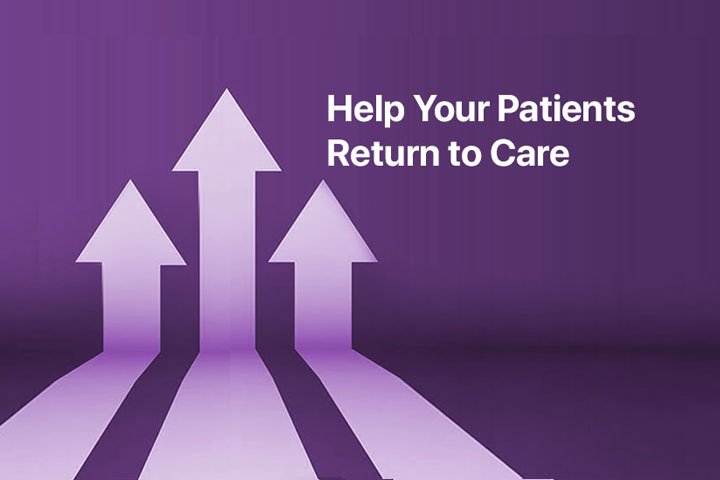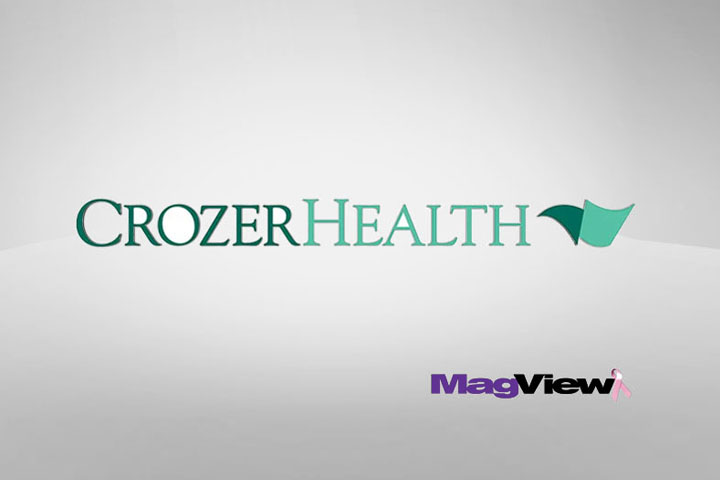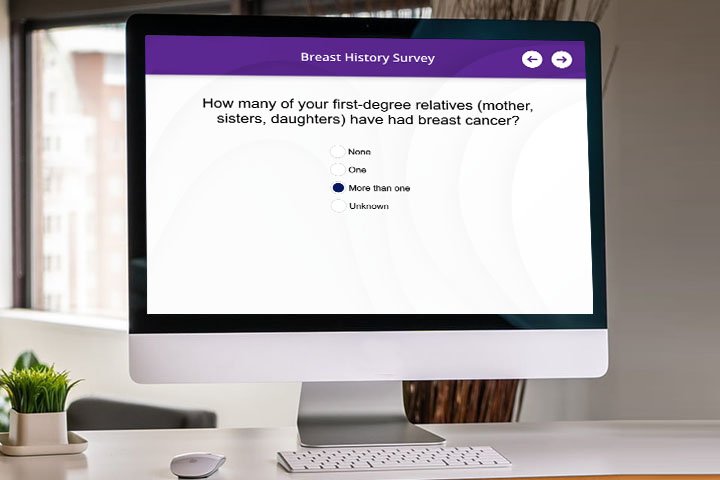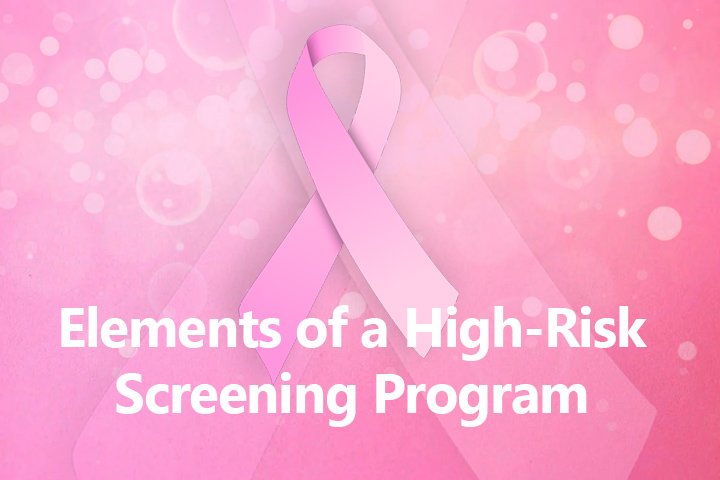Breast cancer and pregnancy is a tough topic, but it is one we feel is important to talk about. There are a lot of assumptions and myths surrounding women who develop breast cancer during pregnancy.
Whether you received your breast cancer diagnosis during pregnancy, discovered you were pregnant after a breast cancer diagnosis, or if you are curious about the management of breast cancer during pregnancy, we’re here to address the pregnancy and breast cancer myths and facts and give you all of the information you need to know.
You may also want to read up on our other article, Breast Cancer 101, which walks you through the different signs and stages of breast cancer.
Breast Cancer During Pregnancy
Here are some common questions people ask about having breast cancer during pregnancy:
Is it safe to have a mammogram while pregnant?
It is currently reported to be safe to have a mammogram while pregnant. While the body is changing and breasts are growing during pregnancy, you shouldn’t hesitate to tell your doctor if you find an unusual lump or bump. Breast cancer is reported to be found in 1 in every 3,000 pregnant women.
The amount of radiation your body is exposed to during a mammogram is very small, and it is only concentrated on the breasts, not any other part of the body. For safe measure, a shield will be placed over the belly during a mammogram to prevent the womb from being exposed to radiation.
Can I continue my pregnancy if I have breast cancer?
You can continue to carry the baby to full term if you find out you have breast cancer during your pregnancy. You will typically need a specialist team to take care of you during your pregnancy who will determine the best and safest treatment options. This team often consists of cancer specialists, as well as an OB/GYN, all of whom are trained or have experience in treating women diagnosed with breast cancer during pregnancy.
Can breast cancer affect the baby?
Although there is currently no evidence that breast cancer harms the baby during pregnancy, there is some risk involved with breast cancer treatment. Terminating the pregnancy will also not improve the chances the mother has of beating breast cancer.
Treating breast cancer during pregnancy
Radiation to treat breast cancer is considered unsafe during pregnancy, as even a minimal dose can harm the baby.
However, other treatments have been deemed safe to treat cancer during pregnancy, such as:
Surgery – Doctors can still perform surgery to treat cancer during pregnancy. While the anesthetics used during surgery can cross over to the fetus, it does not appear to cause birth defects or pregnancy issues. Your doctor may decide to move forward with a lumpectomy or a mastectomy.
Chemotherapy – Chemotherapy drugs can be given to a patient with breast cancer during pregnancy after their first trimester when the baby has had some time to develop. The drugs to treat the side effects of chemotherapy are also safe. Women on chemotherapy during pregnancy will be advised to stop taking the drugs 3-4 weeks before their due date.
Hormone therapy – Also known as endocrine therapy, hormone therapy will only be used to treat breast cancer during pregnancy if the hormone estrogen is binding to cell receptors—causing them to grow. However, this type of breast cancer is less common in pregnant women.
Giving birth if you have breast cancer
Most women diagnosed with breast cancer during their pregnancy can complete the full term of their pregnancy without experiencing problems during childbirth that are directly correlated to their breast cancer treatments. In most cases, the medical team will try and avoid a c-section as complications from the surgery can affect the woman’s weakened immune system.
Women who are likely determined to have their baby early may be prescribed steroid injections to aid in the baby’s development and reduce the risk of the baby having breathing problems post-partum.
Breast Cancer After Pregnancy
Here are some essential items you should know for treating breast cancer after your pregnancy:
Breastfeeding if you have breast cancer
Breastfeeding with breast cancer might be possible for women who are not undergoing treatments such as chemotherapy, radiotherapy, or hormone treatment, but in most cases, it is not advised for women with breast cancer to breastfeed. That is because there are many risks associated with breastfeeding while you have breast cancer, including infection and lowered milk supply.
It is important to speak with your doctor and specialist team about if breastfeeding with breast cancer is a safe option for you.
Treating breast cancer after giving birth
After giving birth, women will need to continue being monitored on the state of their health. Depending on what the specialist team determines, more options may be available to treat breast cancer such as radiotherapy and hormone therapy. Each case is very different, and the way that breast cancer continues to be treated post-partum can vary depending on the health of the woman and her individual circumstance.
Coping with breast cancer and pregnancy
Experiencing a breast cancer diagnosis and pregnancy at the same time takes not only a huge physical toll but an emotional one as well. It is very important during this period to seek out help in the form of a group or a therapist who has experience with breast cancer patients. Your specialist team may also be able to connect you with valuable sources for emotional support during this time.
Fertility & Pregnancy After Breast Cancer
Some treatments for breast cancer can affect a woman’s ability to conceive, such as chemotherapy, which can damage the ovaries—causing temporary or permanent infertility. However, many women can go on and become pregnant after experiencing breast cancer.
Women should consult with their doctors if they wish to become pregnant again after receiving breast cancer treatment. Some may advise waiting at least two years after treatment to try and become pregnant, but this depends on several factors, including how severe the breast cancer was, the type of treatment received, age and more.
We hope this article has been informative in giving you all of the essential information regarding breast cancer during pregnancy and management of breast cancer in pregnancy.
Breast cancer organizations see a lot of success in using MagView’s mammography tracking & reporting software. You can seek further resources on our blog or contact us today about our products and services, or for general inquiries.

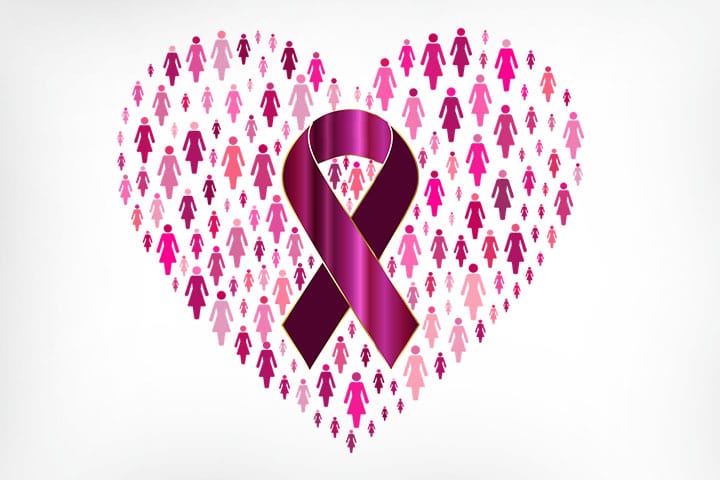

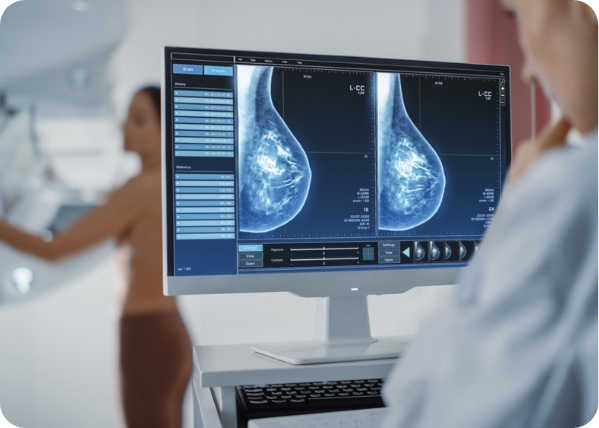

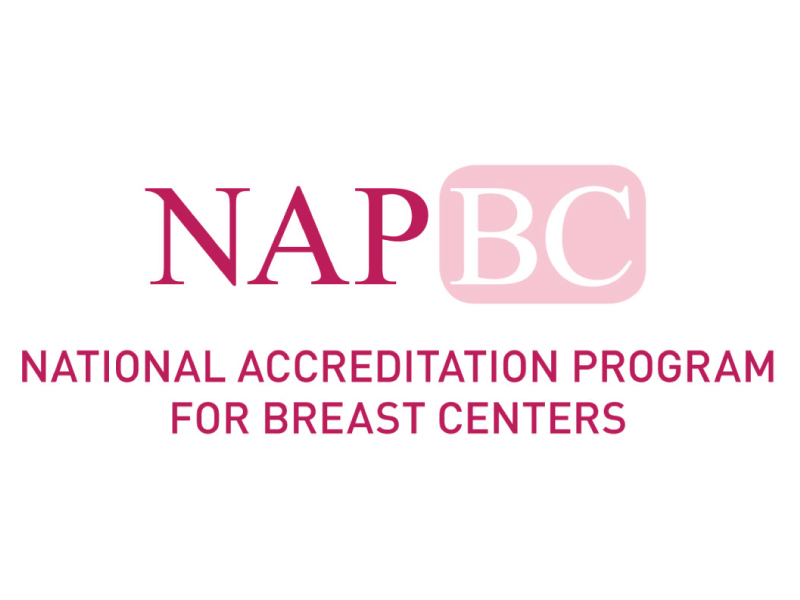
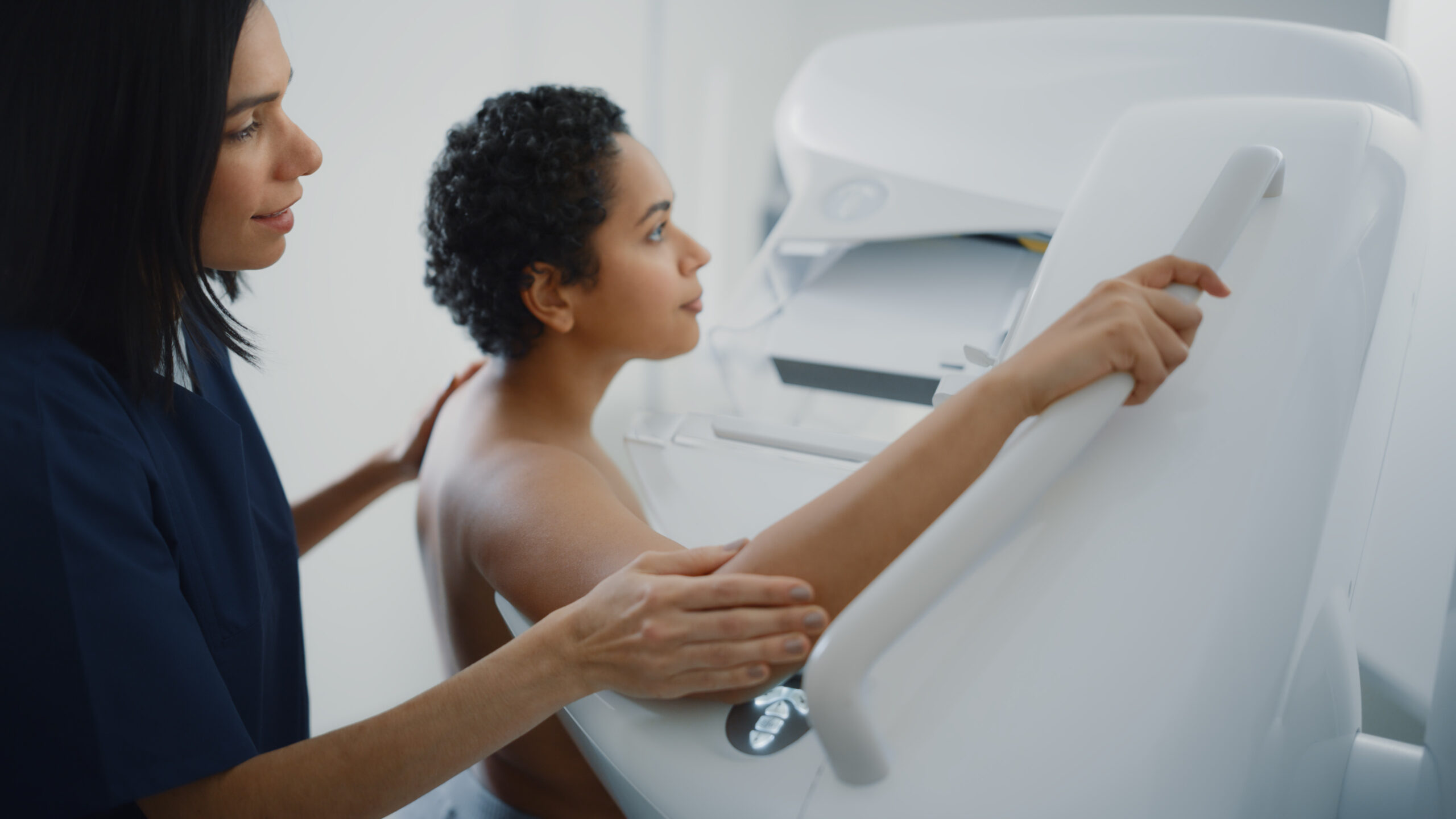
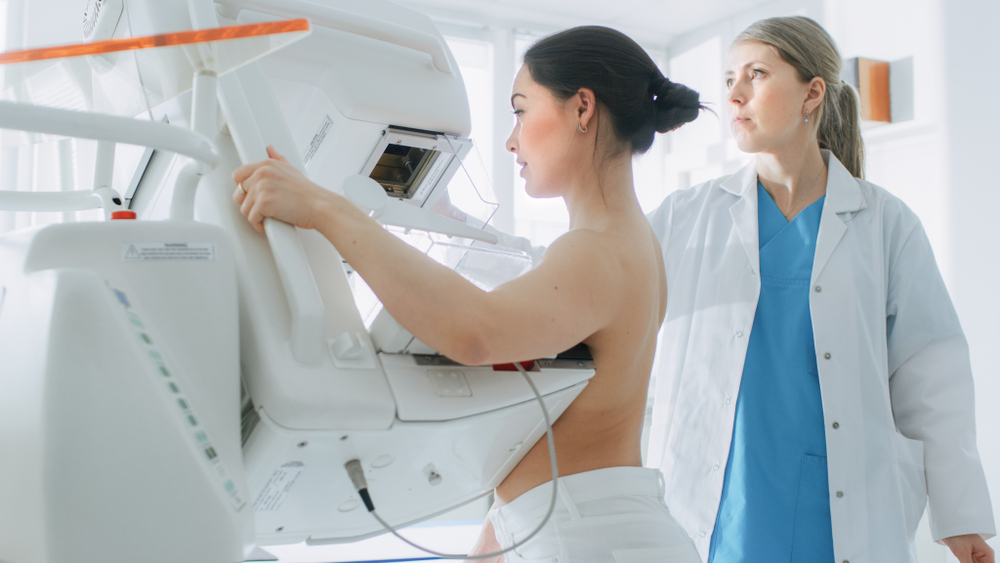
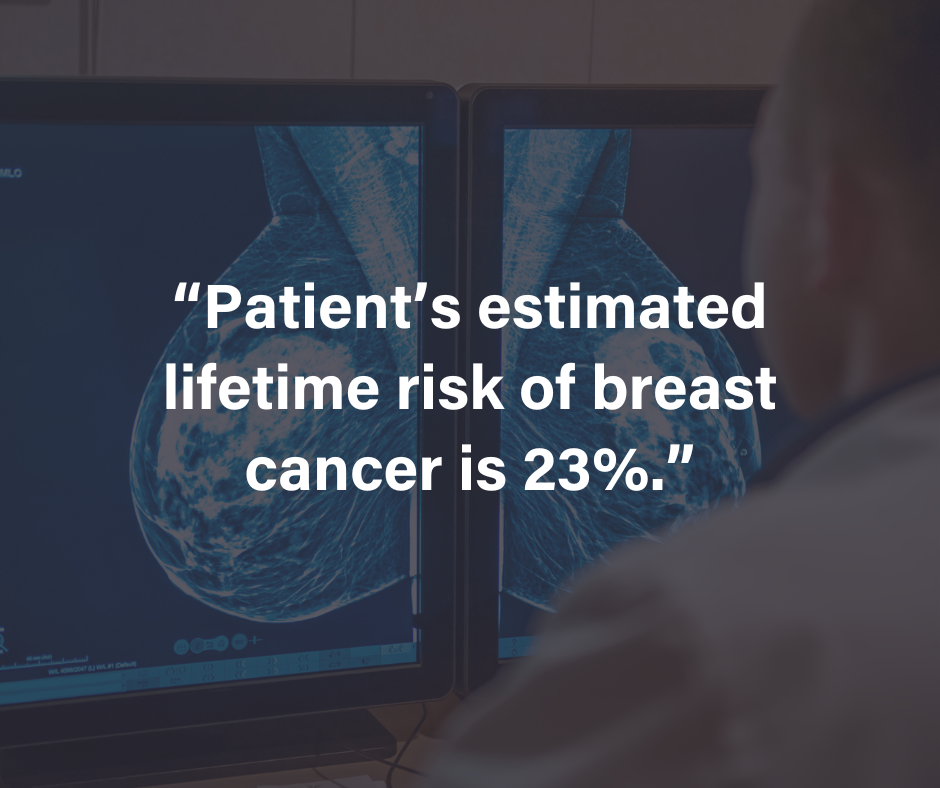
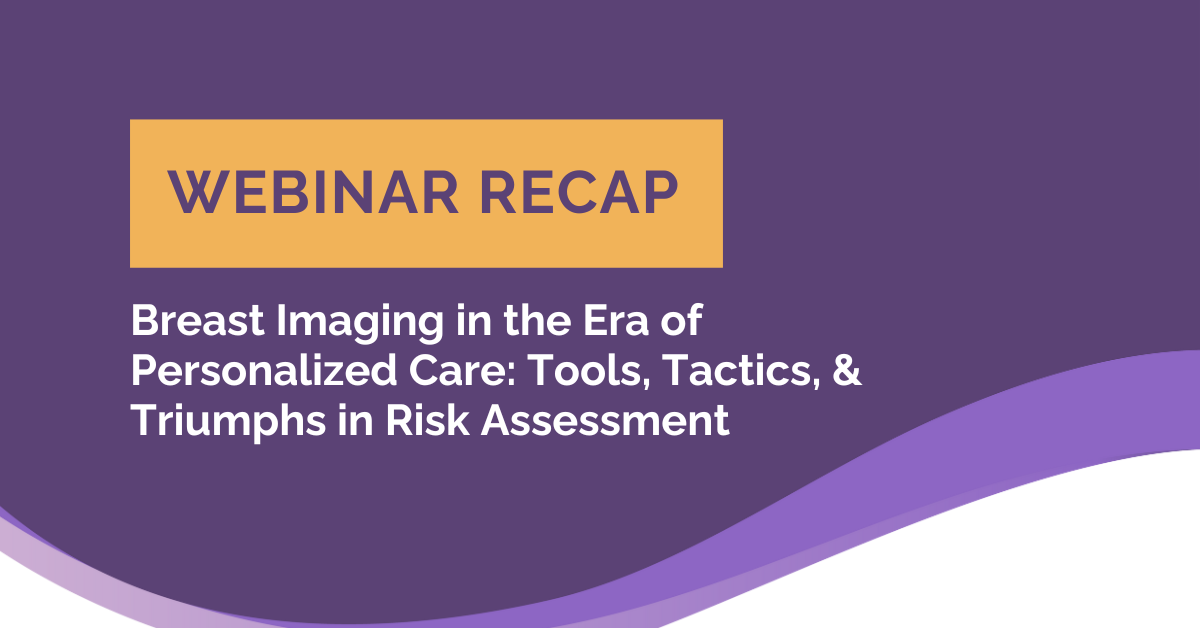
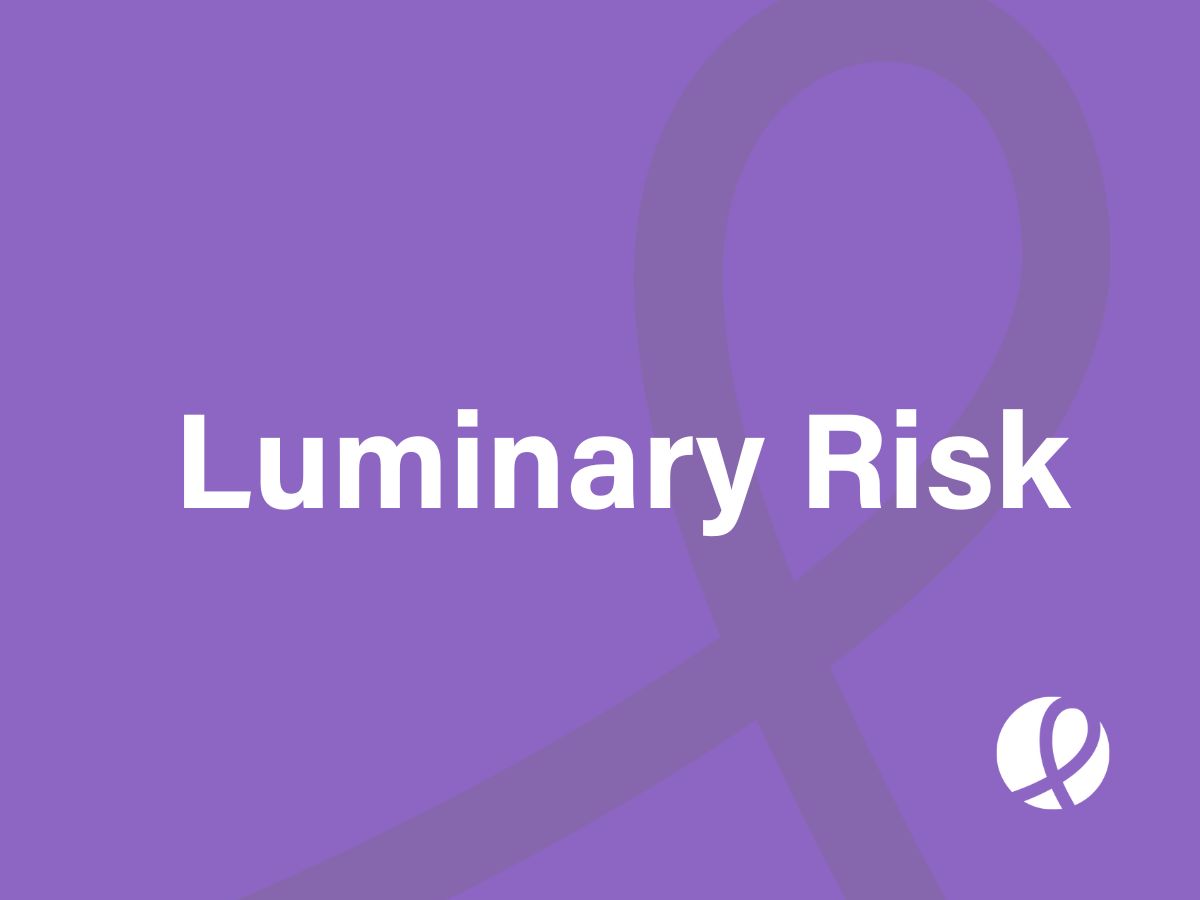





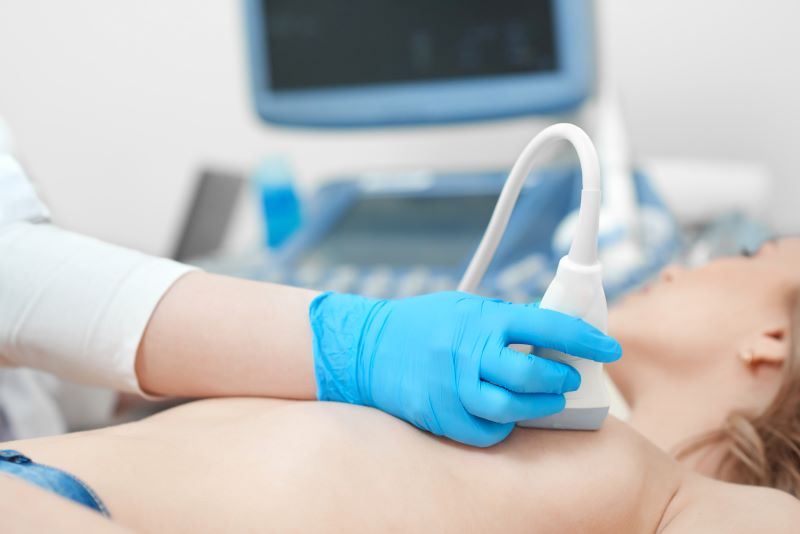
![monitoring breast density shutterstock_1299510538-[Converted]](https://magview.com/wp-content/uploads/2023/05/shutterstock_1299510538-Converted.jpg)
